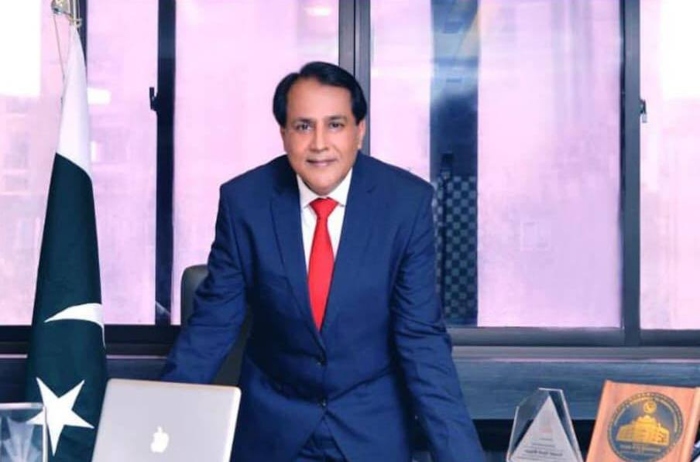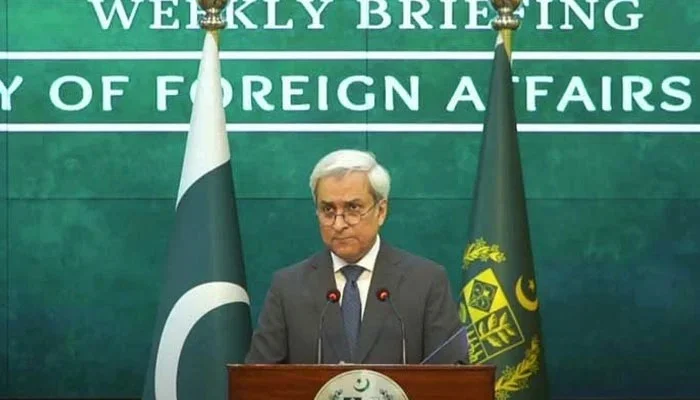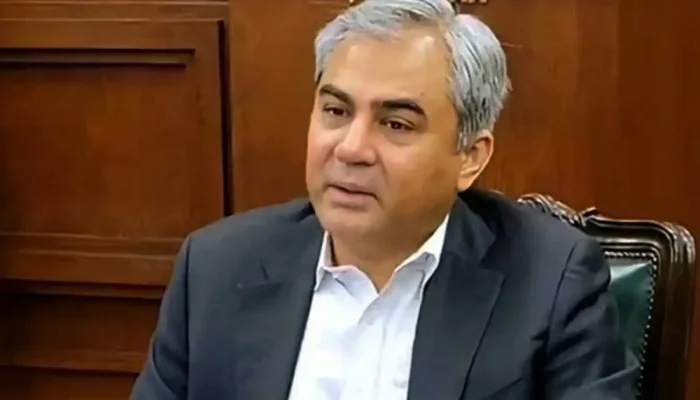KARACHI: The Federation of Pakistan Chambers of Commerce and Industry (FPCCI) has welcomed the launching of the SME Policy, a statement said.
“The SME Policy has been in the making for many years and the process unfortunately got deferred many times,” FPCCI president Mian Nasser Hyatt Maggo said.
Financing is the lifeline for the SMEs and the State Bank of Pakistan’s (SBP) current SAAF Scheme has allowed a banking spread of 8 per cent to commercial banks; on top of 1 per cent refinancing rate; which makes it 9 per cent for the SMEs.
That much cost of capital is unaffordable, unproductive and unfeasible. The FPCCI has proposed an interest rate of 3 per cent for the SMEs to make it viable for small businesses and entrepreneurs.
Maggo demanded the government to update the definitions of micro, small and medium-sized organisations and make them on the lines of the current best practices internationally such as devising preferential treatment protocols based on peculiar ground realities of Pakistan.
MSMEs are the engines of growth and employment generation, he added.
The FPCCI president proposed that the defined annual sales threshold of a meager Rs250 million does not reflect the current ground realities of Pakistan; as when that threshold was set, the exchange rate was around Rs60 against the dollar, which has now climbed to over Rs170. Therefore, he suggested the new limit should be set at Rs1.5 billion for the SMEs.
Maggo reiterated his proposal for a simplified and streamlined taxation regime, including easy-to-fill tax return forms, end to corruption, phased lowering of sales tax rates, etc, through alignment with the FPCCI’s proposal called Simplification of Taxation System in Pakistan sent to the prime minister in February 2021.
Addressing the glaring issues in labour-related provincial and federal levies on the SMEs in Pakistan, Maggo proposed that all the provincial and federal levies should be clubbed together to make a single levy to be charged either as a percentage of turnovers or on some other pertinent criteria for the sake of simplification.
To keep the demand-side variables in the SMEs favour, he suggested the government to keep their procurement from the SMEs strong and steady and incorporate procurement for CPEC-related projects.















